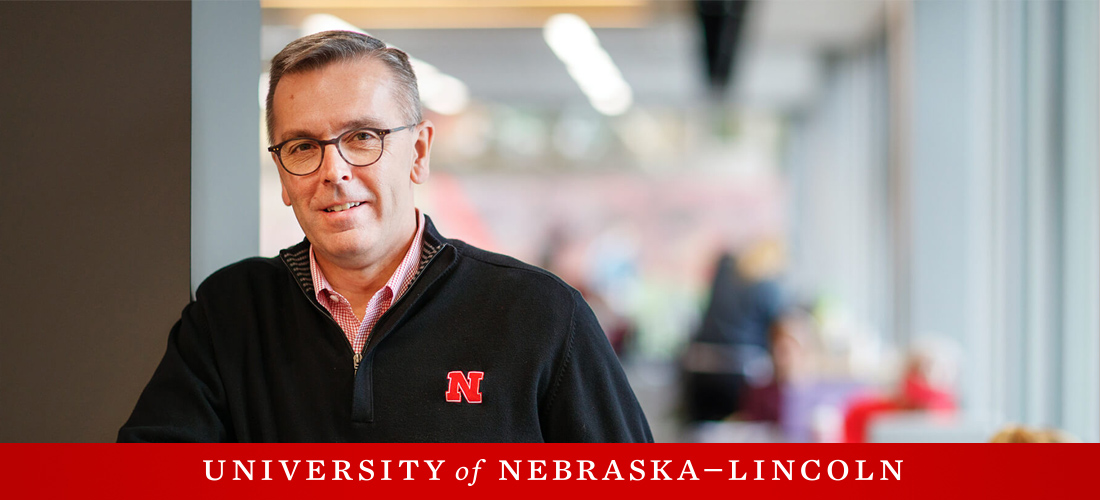
June 5, 2020
This past Saturday, I shared my sadness in the unjust and senseless death of George Floyd and of too many other Black lives. As I said then, racism in any form is wrong and has no place in our lives, our communities or our institutions. Yet it remains.
This week shook me to my core in many ways. I listened to and engaged with the Black voices in our community and have reflected upon where we find ourselves in this moment of our national and institutional history on this issue.
Now must be different. This cannot be another moment where we collectively rage at injustice, acknowledge pain and then take no meaningful action. We must take real steps to address racial inequities and a history of exclusion. We must take them now. And we must take them again, and again, and again…while continuously critiquing and evaluating our progress or when we fall short. This is an endeavor where we have to be intentional and commit every day.
I said earlier that I believe higher education can play a positive role. I know we can. We are uniquely positioned to learn from the past, give voice and action to the present and help shape future generations.
This past week has been a deep time of reflection, listening, talking and figuring out what comes next, including across our UNL community. I want to call out the efforts of our OASIS team. For some time, they have held weekly “Dish It Up” luncheons open to anyone to talk about issues of inequality and inclusion. This week, they threw open the invitation – and more than 300 of our UNL students, faculty, staff, alumni and members of our broader Lincoln community had frank, honest and open conversations about race. Our Office of Diversity and Inclusion shared resources with our campus for those seeking to better understand, perhaps even to better understand ourselves. Our CAPS and EAP teams have been there to support our students, faculty and staff as they manage the pain and emotional fatigue. Members of our UNL community were deeply involved with our broader Lincoln community in promoting a common dialogue between the protestors and law enforcement. Our campus leadership has come together throughout the past week to talk through this, to hear what is on the minds of our Black faculty, staff and students and to begin to lay out next steps.
The conversations happening this week are important, even though for far too many they feel like a new chapter of a well-worn book. We can’t walk together until we talk together.
We all know the future must be about action. Throughout our history as the people’s university, we have declaratively taken on the important challenges in our world.
Today, I am taking a first step in calling for a UNL journey for Anti-Racism and Racial Equity. I use the word “journey” not because we are seeking some vague destination which we may eventually reach, but because our efforts in this moment cannot be “one and done.” We must ensure meaningful step after meaningful step that advances real and sustained change in addressing this deeply enduring challenge.
To elevate, provide accountability and maintain required sustained focus – this important work will be centered in the Office of the Chancellor. Every one of us must play a role, and I intend to be deeply engaged. I will soon appoint two co-leaders of this journey who will collaborate with Marco Barker, vice chancellor for diversity and inclusion, to manage the activities and projects that emerge. In the weeks ahead, as we dialogue and take steps to initiate very specific actions, we will continue to communicate with you regularly.
This will require commitment and action from all of us, particularly our leaders across our campus. We will be, and should be, held accountable for ensuring actions are taken. If we do not, we will fail to fulfill our mission of access and success for all – the basic premise of our founding in 1869.
Ronnie D. Green, Ph.D.
Chancellor